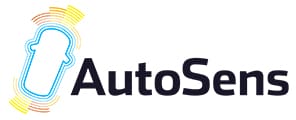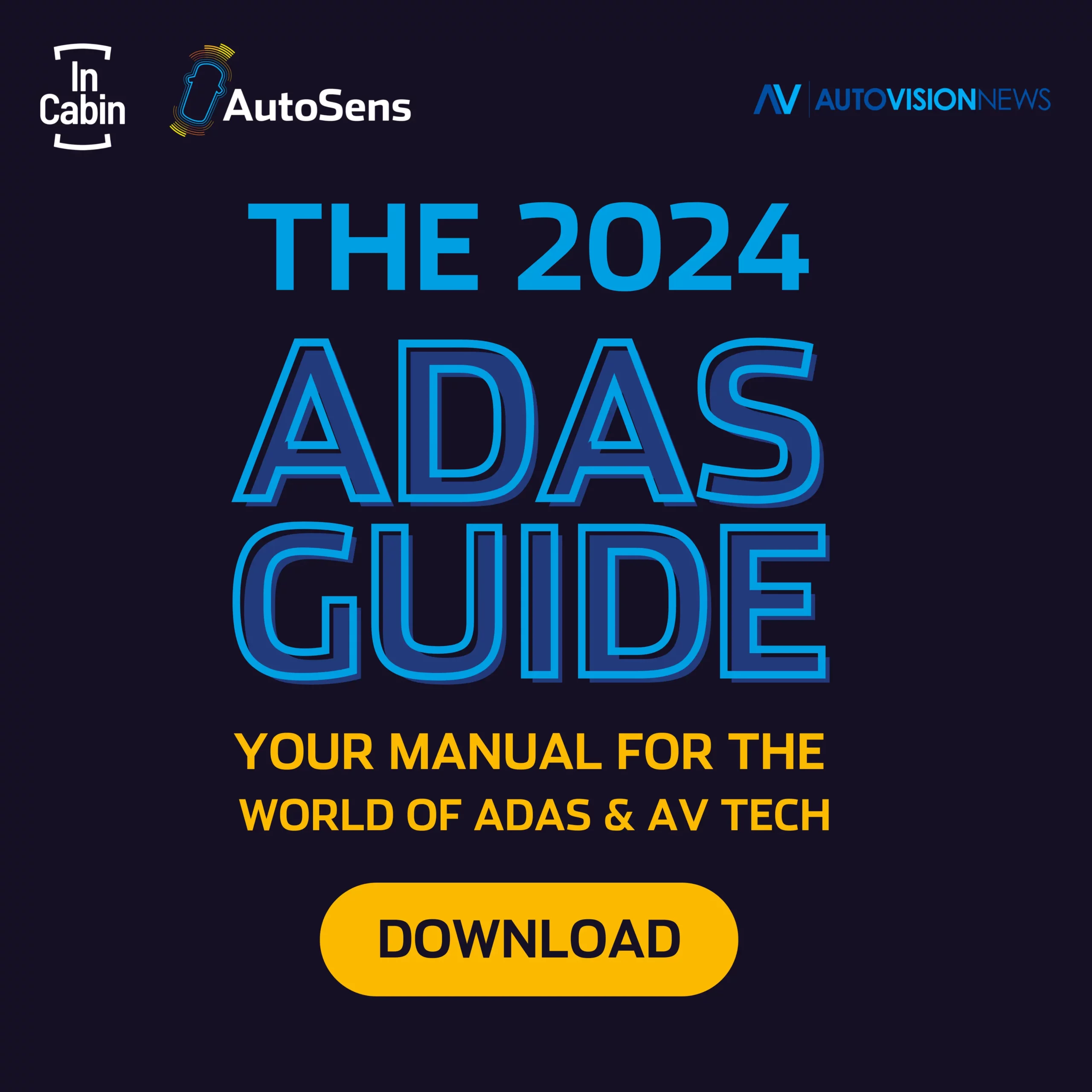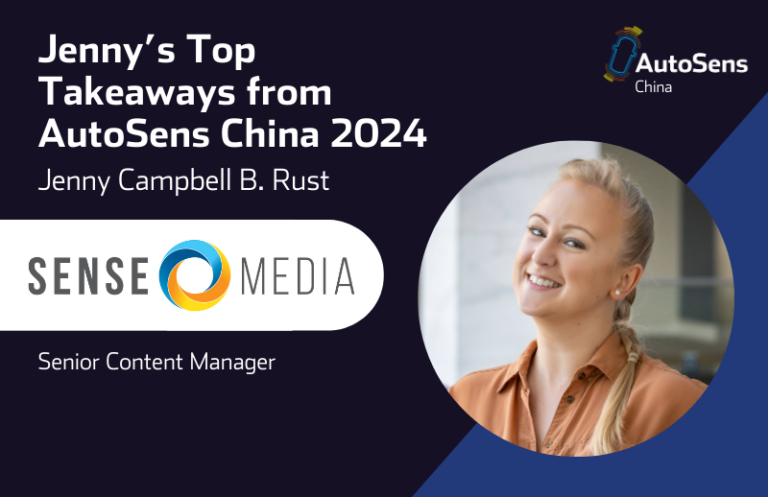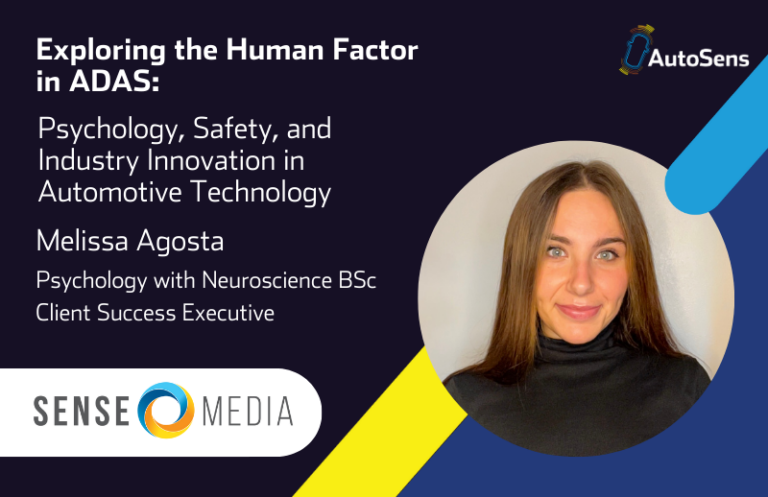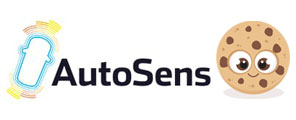
Raymond Ptucha is an Associate Professor in Computer Engineering and Director of the Machine Intelligence Laboratory at Rochester Institute of Technology (RIT). Specialising in deep learning, his research includes machine learning, computer vision and robotics. We caught up with him to talk about his work, the value of deep learning, and the future of engineering and education.
Dr Ray will be presenting “Deep Learning and the Road Towards Autonomous Driving” as our academic keynote speaker at AutoSens in Detroit 2020.
What led you to specialise in deep learning?
I was always fascinated by machine learning, even the name neural networks sounded cool. I read a paper by Honglak Lee (University of Michigan) which demonstrated how deep neural networks learn filters which are eerily similar to the behaviour in the mammalian visual cortex. His neural networks were not encouraged, nor expected to learn this behaviour – but this behaviour automatically emerged as the network continued to learn in an unsupervised fashion! I thought it was amazing, and from that point forward I was hooked.
In your experience, what is the hardest thing for people to get their head around when learning about deep learning?
Convolutional neural networks, perhaps the most influential deep learning architecture, like tough problems – problems such as counting people in a busy train station or identifying each of those people as they walk by in real time. Given enough training data, deep learning is “automagical”. State of the art models may have up to 100M weights – meaning a lot of training samples to learn! Recent research has focused on robustness, understanding what the millions of weights are doing, and accomplishing similar results with less training data, simpler models or fewer computational resources.
You have been awarded 32 U.S. patents, is there one that you were particularly proud of?
That is a tough question. While at Eastman Kodak, I worked on digital photofinishing, which essentially meant making ordinary photos from consumers look like they were taken by professionals. During this period, I was awarded a few patents for automatically composing (auto zoom and crop) an image based solely on the facial content in images. Professionals hated it – how dare we recompose their works of art- but consumers loved it. Fun times for sure.
As a passionate supporter of STEM education, what do you think the industry should be doing to encourage more people to embark upon a career in engineering?
In my opinion it’s not just the industry, it is society. We live in a world where we worship athletes and not engineers. Ask a middle schooler to name their top five sports heroes… they will most likely rant off a dozen names. Then ask them to name their top five scientists or engineers and you will often get silence. Even worse, kids can be teased because they like maths or science. We need more programs like For Inspiration of Science and Technology (FIRST) in schools. FIRST teaches kids the value of pursuing STEM careers – it teaches them to want to be science and technology heroes! Parents, sign your kids up for programs like FIRST. Industry, support your local school STEM programs. Sports are awesome, but kids who pursue STEM have the ability to profoundly impact our planet and quality of life.
Can you tell us more about the Autonomous People Mover project at RIT?
The autonomous people mover is an autonomous golf cart at RIT. What could be better than an autonomous golf cart roaming around on campus! RIT students took the guts of a normal golf cart and replaced it with digitally controlled throttle, steering and braking. They then added a fleet of sensors to localise itself (find oneself on an RIT campus map), perform path planning, and execute the task while avoiding obstacles. It makes a great research platform for undergraduate and graduate students alike!
What are you most looking forward to about giving a keynote at AutoSens in May?
I love learning. As an associate professor I learn from students just like they learn from me. AutoSens gives me the chance to meet others, to show them what I have learned, and to listen and learn from them. It’s a chance to network with others, understand problems from a different perspective, and brainstorm new solutions.
Find out who else is speaking at AutoSens in Detroit this May. Click here to view speakers >>
